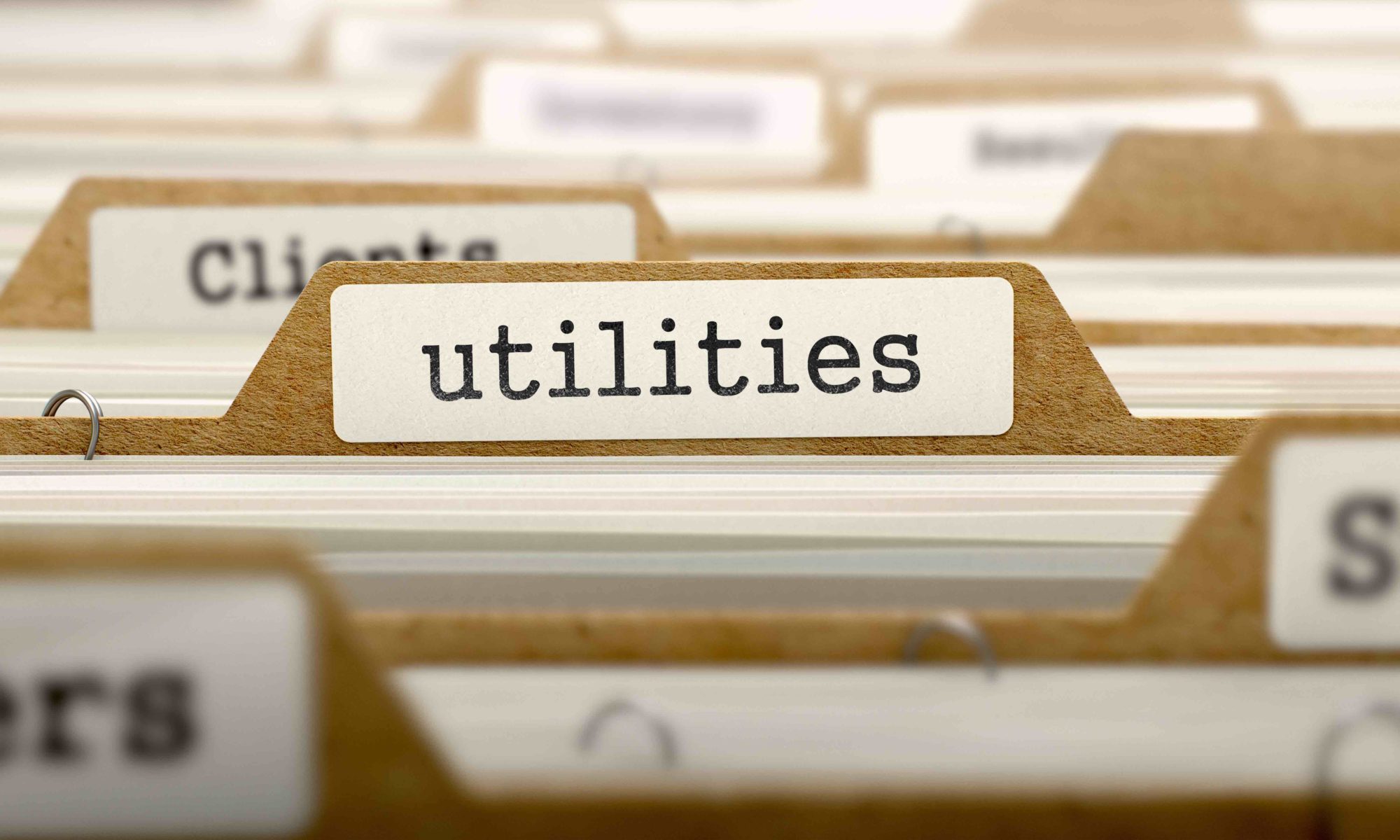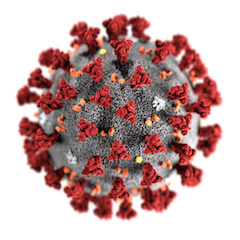Evictions Under The COVID-19 Rental Housing Recovery Act
Evicting tenants for non-payment of rent during the COVID-19 pandemic can be difficult and confusing. Some form of eviction protections have been in place in California since the COVID-19 pandemic began, and restrictions on non-payment of rent evictions will continue until at least March 31, 2022. This article will provide an overview of California state law as it pertains to non-payment of rent evictions for rent that became due during the COVID-19 pandemic and rent that becomes due through March 31, 2022.
Before proceeding with an eviction for non-payment of rent, there are three threshold questions:
1) Was an enforceable notice served?
2) For cases involving rent that became due prior to October 1, 2021, did the tenant fail to submit a declaration of COVID-19 related financial distress and pay 25% of all rent that became due between September 1, 2020 and September 30, 2021 by September 30, 2021?
3) Did you apply for government rental assistance for the unpaid rent demanded in the notice and has the tenant failed to apply or been denied for rental assistance?
If the answer to all of the above questions is yes, it is likely that you are ready to proceed with an eviction case. Below are some additional points to keep in mind when assessing whether your case is ready to go to court.
Notices for Non-payment of Rent
- Do not demand payment of rent that became due during a month when the tenant submitted a Declaration of COVID-19 related financial distress.
- Use the applicable 15-day or 15/30-day pay or quit notices to demand rent that became due between September 1, 2020, and September 30, 2021 (“transition period”).
- To demand unpaid rent which becomes due after October 1, 2021, and before March 31 2022, (“recovery period”), use a modified 3-day pay or quit notice, with required statutory language, and information about how the tenant can apply for rental assistance.
- If the tenancy began on or after October 1, 2021, no special protections apply under California state law, and you can serve a pre-pandemic notice to pay or quit.
- Seek help before serving the notice to ensure your notice is correct and enforceable.
Do not forget to apply for rental assistance
- Start by visiting ca.gov. Click the “apply now” link, on the first and then the second page. You will be prompted to input the property address for the unit that has delinquent rent.
- For recovery period cases, you’ll be required to provide a statement to the court, under penalty of perjury, when filing your case that:
- You’ve applied for rental assistance and a final decision has been rendered denying the rental assistance application, or
- You’ve applied and for rental assistance, twenty (20) days have passed since the pay or quit notice was served or the rental assistance application was submitted, whichever was later, and you have no information that the tenant has completed an application for rental assistance.
Contact an attorney to begin your eviction proceeding in court once your case is ready
- Many different scenarios can present themselves when proceeding to court on an eviction. Always contact an attorney before proceeding.
- Tenants can jeopardize a COVID era eviction case by submitting a declaration of COVID-19 related financial distress to the court or proving to the court with evidence that they have been approved for rental assistance for some or all of the rent owed.
Disclaimer: Local (city and county) eviction restrictions remain in place in some jurisdictions in California. These local restrictions can impact your ability to proceed with evictions for non-payment of rent. This article should not be construed as legal advice. Contact PKS Law Group, P.C. at telephone number 925-478-7909, or info@pks-lawgroup.com for more information.
Are Landlords Required to Apply for Rent Relief Prior to Filing an Unlawful Detainer Action?
Prince Girn, Esq
July 2021
On June 28, 2021, the California Legislature passed AB 832, which extends the existing COVID-19 Tenant Relief Act that was set to expire in at the end of June. AB 832 builds upon the existing law by enacting the COVID-19 Rental Housing Recovery Act, which would, until September 30, 2024, among other things, place certain restrictions on an unlawful detainer action pertaining to residential real property that is based, in whole or in part, on nonpayment of rental debt that accumulated due to COVID-19 hardship, including by prohibiting a court from issuing a summons on a complaint for unlawful detainer that seeks possession of residential real property based on nonpayment of rental debt that accumulated due to COVID-19 hardship unless the plaintiff also files a statement, under penalty of perjury, that the plaintiff attempted to obtain rental assistance and was denied and a copy of a final decision, as defined, from the pertinent government rental assistance program denying a rental assistance application for the property at issue in the case.
In other words, filing an unlawful detainer action against a tenant through September 30, 2024 on the basis of a residential tenant’s nonpayment of rent that became delinquent between March 1, 2020 and September 30, 2021 due to the tenant’s coronavirus (COVID-19)-related financial distress is prohibited unless the landlord (plaintiff) files a statement, under penalty of perjury, that the plaintiff attempted to obtain rental assistance and was denied and a copy of a final decision.
“Final decision” means a determination by a government rental assistance program regarding an application for rental assistance.
If the application is approved, then that would constitute a final decision.
A denied application would constitute a final decision if the denial was based on any of the following reasons:
-The tenant is not eligible for government rental assistance.
-The government rental assistance program no longer has sufficient rental assistance funds to approve the application.
-The application for government rental assistance remains incomplete for 15 days, excluding Saturdays, Sundays, and other judicial holidays, after the landlord properly completed the portion of the application that is the responsibility of the landlord because of failure on the part of the tenant to properly complete the portion of the application that is the responsibility of the tenant.
A final decision does not include any of the following:
-The rejection of an application as incomplete or improperly completed by a landlord.
-Notification that an application is temporarily pending further action by the government rental assistance program or the applicant.
-Notification that the landlord or tenant applied to the wrong government rental assistance program for the property or rental debt at issue.
NOTE: This article is for informational purposes only and should not be construed as legal advice. For legal advice please contact an experienced attorney. For assistance please contact PKS Law Group, P.C. by visiting www.pks-lawgroup.com or emailing info@pks-lawgroup.com




